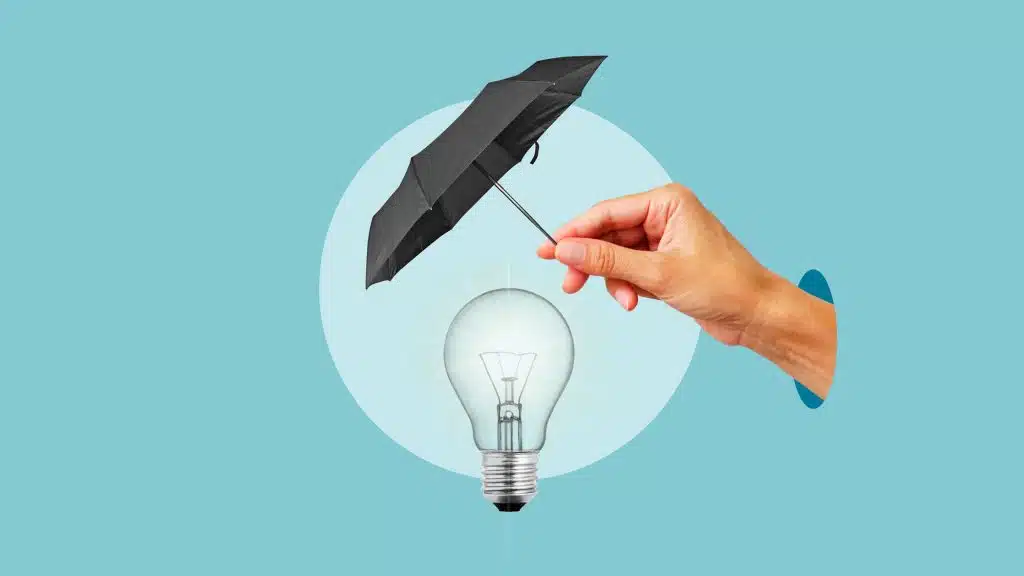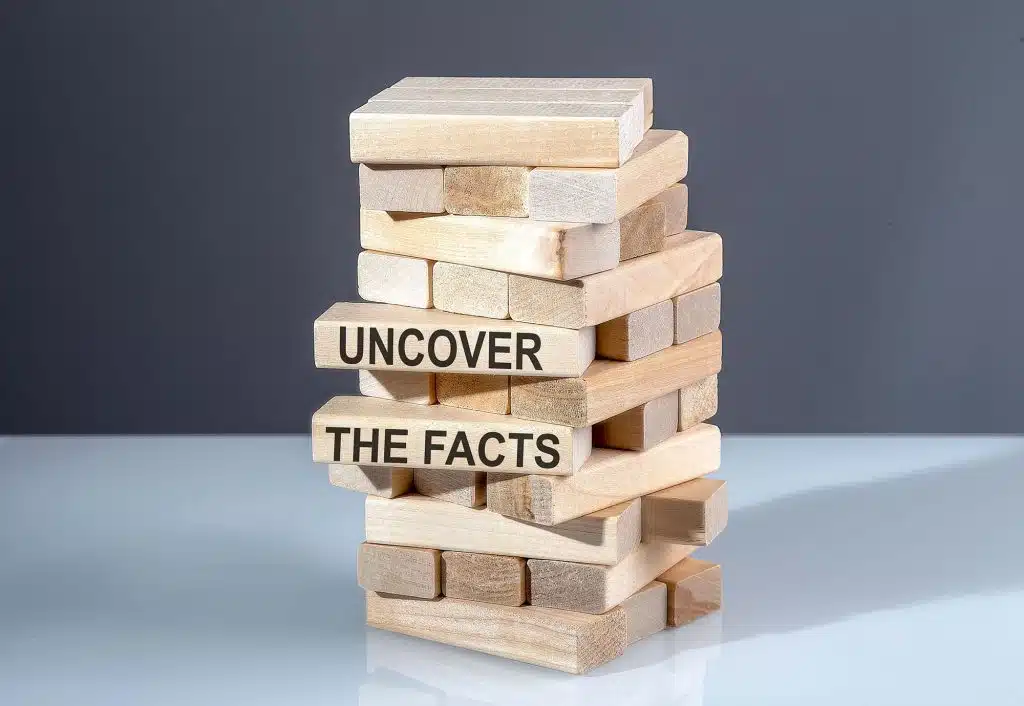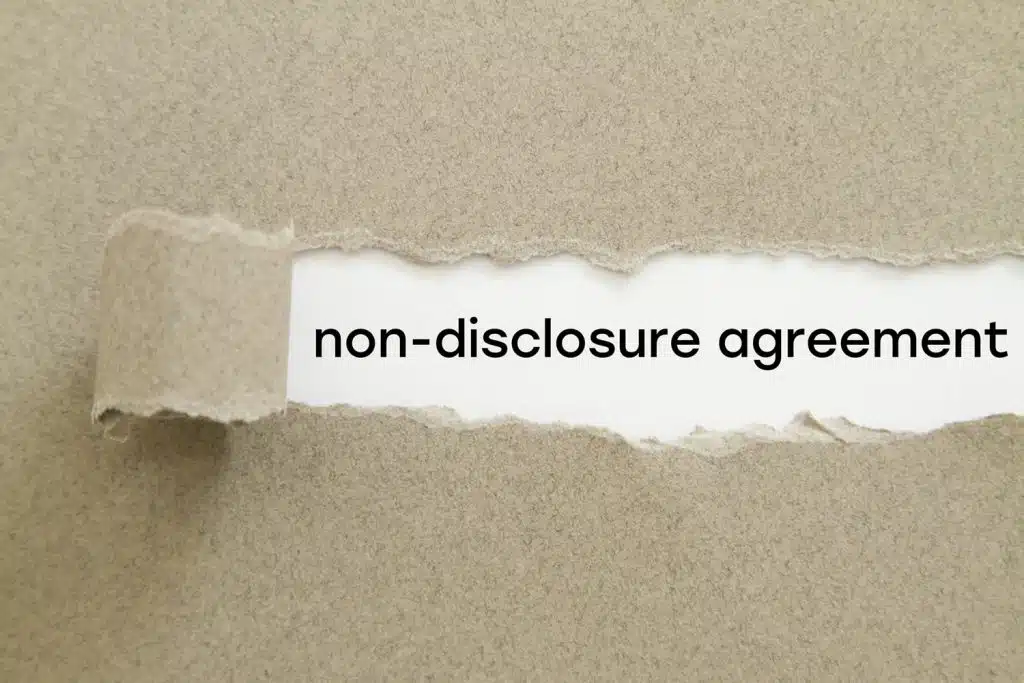Information about IP Licenses
Before IP can be licenced, it should be registered. Types of registered IP include trade marks, patents, designs and plant breeders rights. Copyright is a specific form of IP that is occurs automatically and does not need to be registered.
Depending on the type of licence, IP can be licenced to many parties. An exclusive licence means that only one party can use the IP, including the owner, whilst a non-exclusive licence allows for greater commercialisation of the IP by licencing it to many parties. In a non-exclusive licence, the licensor may also continue to use the IP. Whilst a non-exclusive licence might allow for greater profits to be made from the use of the IP by many parties, licensees will often pay more to have exclusive use of the IP.
The IP licence should also set out terms relating to the extent of the use of the IP, as well as the fees charged and the duration of the licence.
If you would like assistance in drafting an IP licence, please contact us today.
Get in touch
Fill in the form below and one of our team will be in touch. You can also phone 1300 149 140 during standard business hours.













